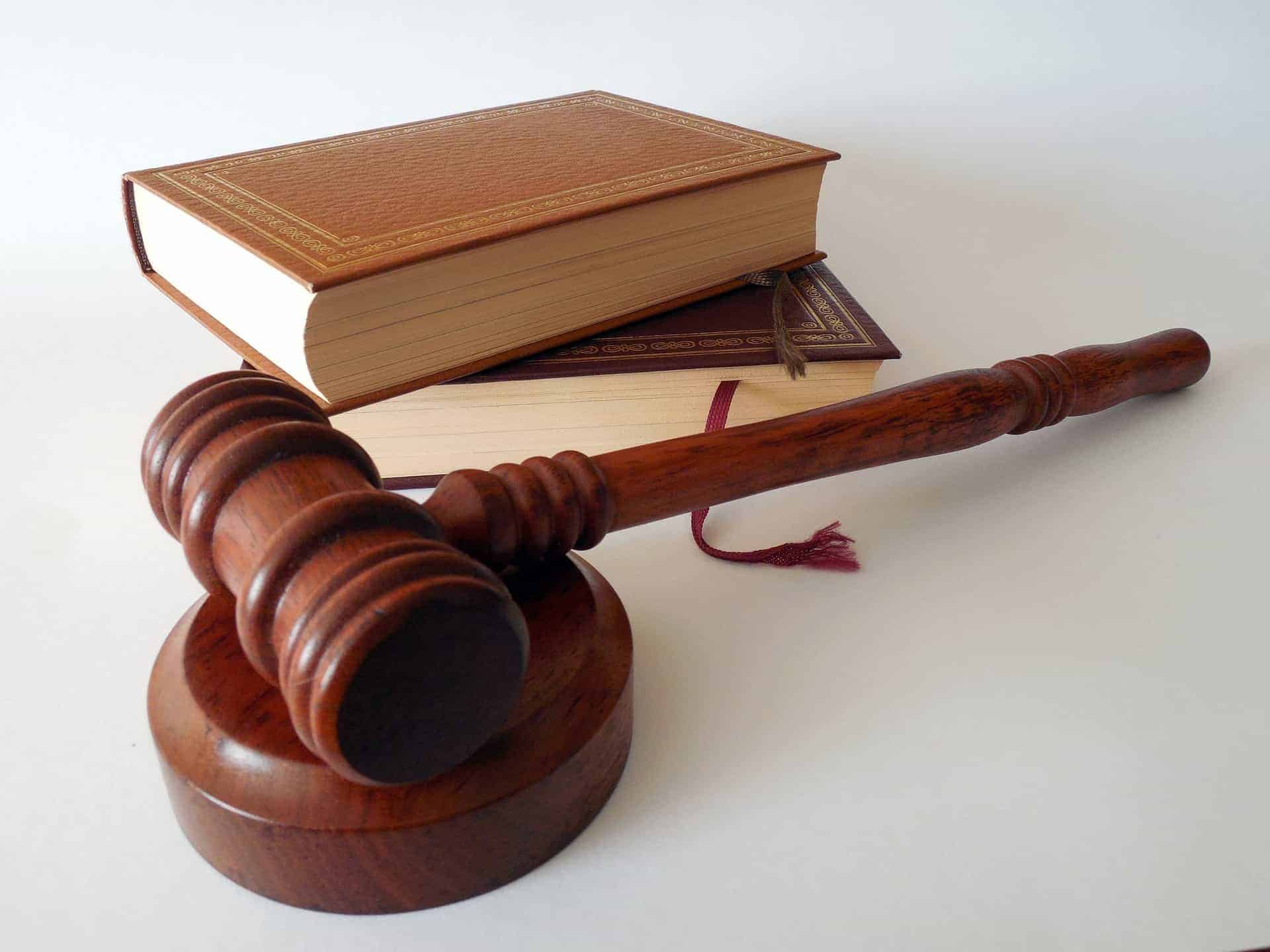Executor and attorney: what’s the difference?
Do you know the difference between the role of executor and attorney? This article explains who can do what and when.
Executor
A person making a Will (the testator) appoints one or more individuals to act as an Executor. The role of the executor includes:
- Identifying and securing assets
- Paying debts and administrative expenses
- Completing inheritance tax and probate forms
- Obtaining the Grant of Probate (where applicable)
- Correctly interpreting the Will clauses
- Keeping accounts
- Distributing the estate to the beneficiaries named in the Will.
It’s important to understand that a Will only comes into effect on the death of the testator.
An executor has no power during the testator’s lifetime.
Following death, the executor can immediately secure assets, obtain access to bank accounts and other information held on the deceased. This will make obtaining the Grant of Probate a simpler process compared to where a person has died intestate (without a valid Will). An executor can also take decisions to sell items and start the process of selling land or property so that this reduces delays of distribution to beneficiaries.
Choosing an Executor
The role of an executor is an important one. If an executor you appoint dies or loses capacity or you want to appoint someone else instead then you need to change your Will. Executors (and personal representatives in intestacy cases) are liable for the correct administration of your estate. There are case examples of where executors have been left to pay a huge Inheritance Tax bill because of mistakes made.
If you appoint family or friends to act then please think carefully as to whether they will be capable of taking on what can be a complicated and time-consuming role. It is recommended that you also discuss this before appointing them in your Will.
An alternative is to nominate professional executors who, although will charge for their service, have the skills and knowledge to be able to undertake the estate administration work correctly. By appointing professionals, this could reduce the potential for conflict amongst family members due to the neutral stance they would take.
Lasting Power of Attorney
Alongside making a Will, it is recommended that you strongly consider making a Lasting Power of Attorney.
A Lasting Power of Attorney enables you to appoint a person (or people) you trust to make decisions on your behalf if you are unable to. This situation could arise as a result of sudden events (head injuries, strokes, heart attacks) to progressive illnesses (e.g. dementia) or simply as a result of getting older and wanting help to manage your affairs.
An attorney can only act whilst you are alive and has no power following your death.
Who should be an attorney?
Often the donor (the person making a Lasting Power of Attorney) will appoint their spouse/partner, grown-up children or other close relatives to act as attorney. Professionals such as solicitors or accountants can also act as attorneys but will naturally charge a fee for their service. Attorneys may be the same people you choose to be executors and there is no bar to them being a beneficiary in your Will.
Types of Lasting Power of Attorney
There are two types of Lasting Power of Attorney: Property and Financial Affairs and Health and Welfare.
Lasting Power of Attorney enables you to decide who can act on your behalf rather than decisions being left to the Court of Protection or health professionals who don’t know your wishes.
Both types must be made whilst the donor has the mental capacity to give consent to the Lasting Power of Attorney application.
A Property and Financial Affairs LPA enables an attorney to carry out a range of financial activities that include day to day banking and bill payment, investment decisions and buying or selling your property. The donor may grant an attorney the power to act when he gives permission and also when he/she does not have mental capacity.
The Health and Welfare LPA covers decisions about your healthcare and medical treatment, where you reside, your general welfare and where applicable life-sustaining treatment. Attorneys may only act on the donor’s behalf if he/she is unable to make these decisions.
Choose Wisely!
You should chose your attorneys wisely given the power they will hold. You may choose an attorney to act solely, jointly or jointly and severally. You can also appoint replacement attorneys. Lasting Power of Attorney can be very helpful to families when used appropriately. There is, however, a potential for abuse of power by attorneys especially in relation to financial matters. Your choice of attorney(s) is paramount.
Conclusion
Planning ahead to have the right legal protection enables you to have peace of mind and more control over the future. For your free consultation, book online at www.trentwillsestates.co.uk or call 0115 8461446.






